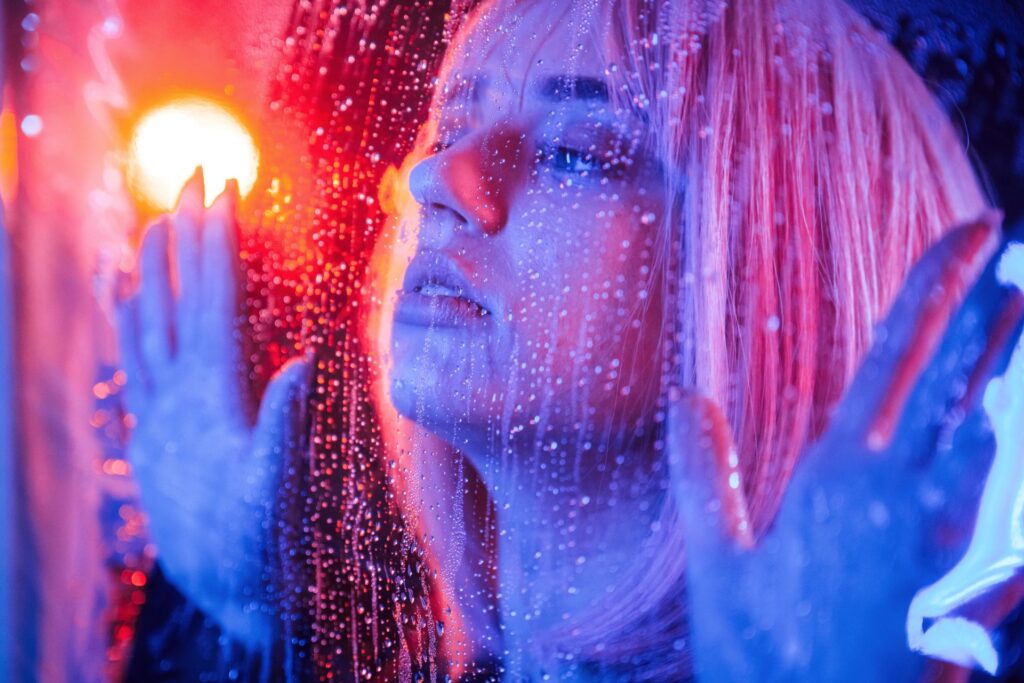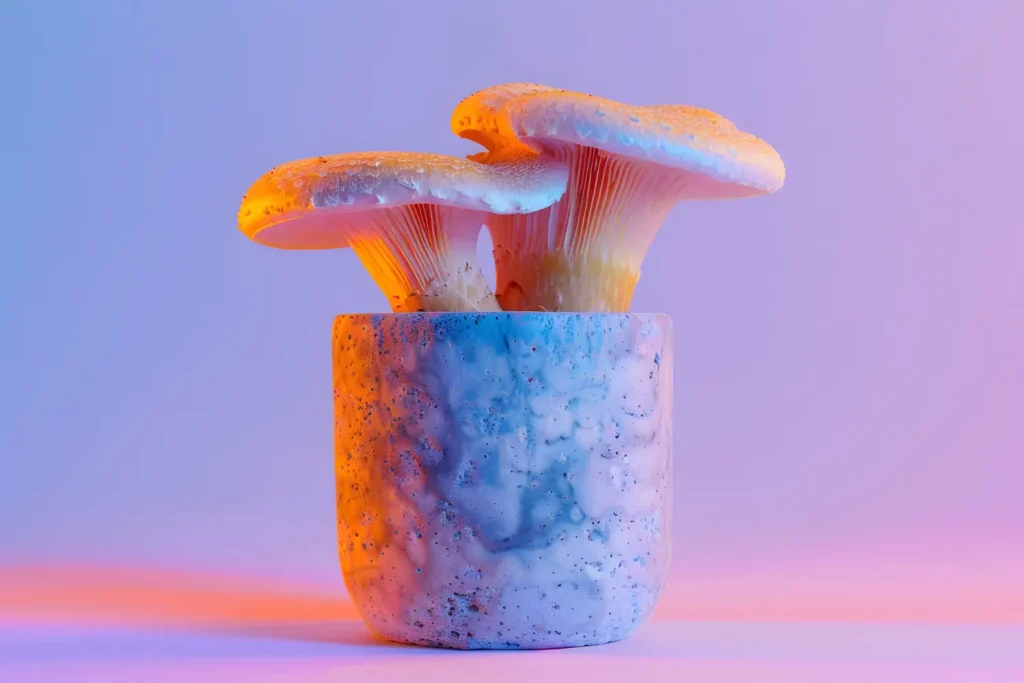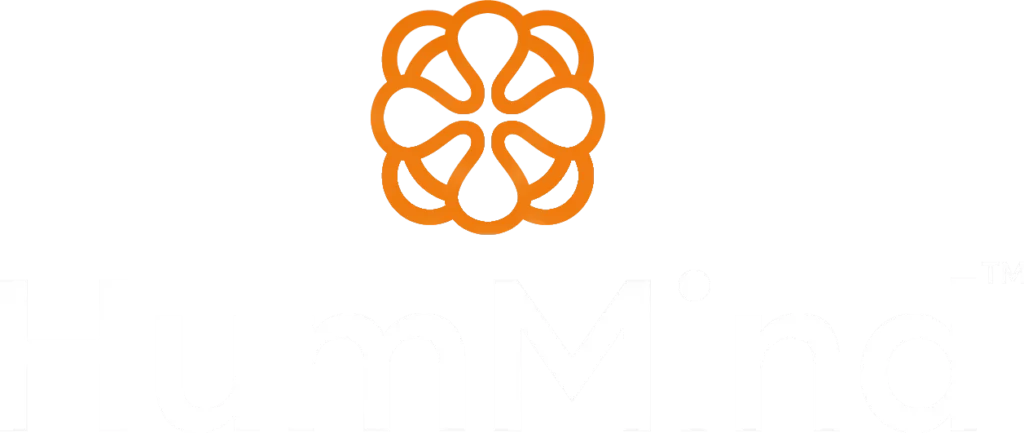Magic mushrooms, scientifically known as psilocybin mushrooms, have been at the center of a significant shift in mental health treatment discussions, particularly regarding their efficacy in treating depression. Psilocybin, the active hallucinogenic compound found in these mushrooms, has shown amazing findings in clinical studies for providing relief from depressionand at the rate of four times the efficacy of antidepressants when combined with therapy.
Psilocybin is a naturally occurring psychedelic compound. When ingested, it is converted in the body to psilocin, which then influences serotonin receptors in the brain. This process is thought to contribute to its psychoactive effects, which can include altered perception, mood, and thought patterns. Researchers believe these effects might be key to its potential therapeutic benefits.
Clinical Research and Findings
Clinical trials have shown that even a single dose of psilocybin can significantly reduce symptoms of depression in patients for whom other treatments have failed.
One landmark study published in the “Journal of Psychopharmacology” found that participants with treatment-resistant depression experienced substantial improvements in their symptoms following psilocybin treatment. A John Hopkins study that took place in 2016 looked at a group of people suffering with anxiety and depression following a cancer diagnosis. After a single high dose of psilocybin, the participants reported a significant decrease in depressed mood and anxiety and an increase in quality of life, life meaning and optimism. After six months, 80% of the group continued to show an increase in positive attitude,bettermoods and overall life satisfaction.
Another study taking place that same year at New York University showed much the same outcome with the group showing immediate and substantial improvement including a decrease in cancer related demoralization and hopelessness. At the same time, they reported experiencingan overall spiritual well-being and an improved quality of life. The follow-up for this group took place 3-5 years later and while several people had succumbed to the disease and others had experienced remission, 71-100% ofall reported positive life changes as a direct result of the high dose psilocybin study. Further they were able to report that the experience was the most personally meaningful and spiritually uplifting experience of their entire lives.
These studies suggest that psilocybin can disrupt the negative thought patterns that contribute to depression, allowing patients to experience a new perspective on their lives and emotions, which can be particularly beneficial for those dealing with both anxiety, depression and end of live distress.
Potential Benefits
The potential benefits of psilocybin therapy are significant. Beyond its efficacy in reducing depressive symptoms, psilocybin therapy offers a rapid onset of action compared to traditional antidepressants, which can take weeks or even months to become effective. Furthermore, psilocybin treatment sessions under controlled, clinical conditions, accompanied by therapy, have been shown to produce lasting changes in mood, attitude, and behavior with minimal treatment sessions.
Comparative Data
The only psychedelic that has been deemed legal in the United States is ketamine and while many people are utilizing it for its effectiveness in the treatment of depression, ketamine is effective for comparatively short periods of time; three days to three weeks as opposed to psilocybin whose latest research showing that it is effective for eight to twelve months and beyond after dosing. Further, while psilocybin is not addictive, it has been found to cure addictions surrounding both alcohol use and smoking cessation.
While psilocybin may need additional doses over time to address mood decline, there are cases where depressionsymptoms can be said to be in complete remissionas so farsymptoms have not returned.Moreover, the only side effects of a psilocybin session can include a headache and/ or nausea, both of which resolve within hours. Ketamine on the hand is designed much like antidepressants to be necessary over one’s lifetime and has been shown to be addictive for some.
Conclusion
Psilocybin therapy has proven to have a promising and exciting future in the treatment of depression, particularly for patients who have not found relief through traditional means. While in the world of traditional research, findings have been extremely encouraging, it should be noted that clinicians may demand further studies to fully understand its potential benefits, risks, and mechanisms of action.
In the meantime, holistic practitioners and modern shamanic guides continue to host retreats, group sessions and healing ceremonies to address physical, emotional and mental disturbances with the full knowledge that magic mushrooms have had a history of helping men and women heal themselves for many centuries with or without proof ofhow or why. And while the medical community still doesn’t know how it works, we can all say, healers and clinicians alike, thatit works and it works with almost immediate relief that has proven to be persistent.
As societal attitudes towards psychedelics continue to evolve, and as the legal landscape changes, psilocybin could become an important tool in the mental health treatment arsenal, in particular occupying space on the medical community’s shelf just as it has,over time taken up space in the pouch of the medicine man and woman.












